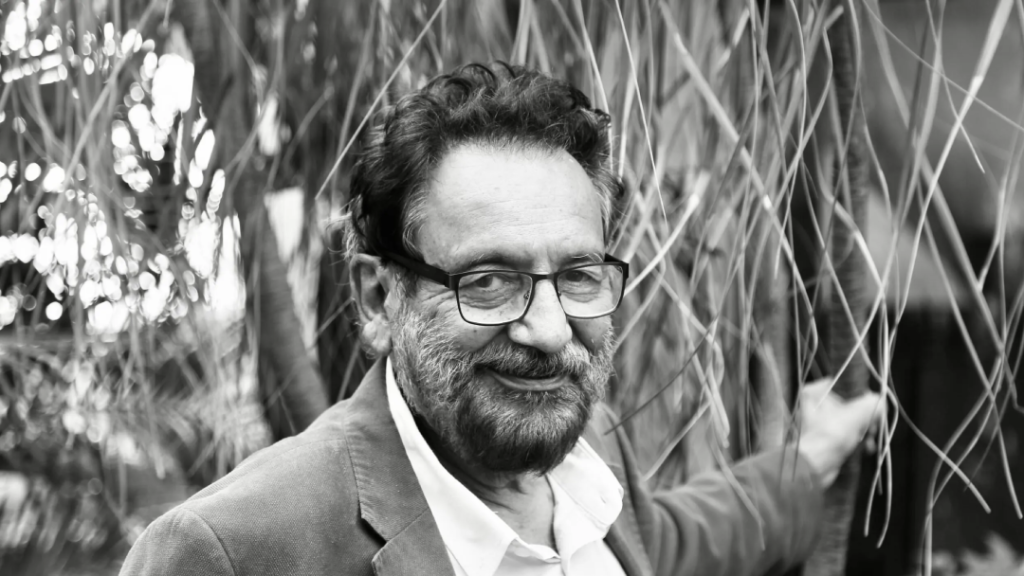Renowned filmmaker Shekhar Kapur, currently immersed in crafting a sequel to his directorial debut, ‘Masoom’ (1983), titled ‘Masoom: The Next Generation,’ tantalizes fans with hints about the film’s premise. “You’ll see the same beloved characters from the original, all grown up. But I won’t spoil the surprises; you’ll have to see the film for yourself.”
The original film was adapted from Eric Segal’s 1980 novel ‘Man, Woman and Child,’ which also inspired the Malayalam movie ‘Olangal’ and the Hollywood adaptation ‘Man, Woman and Child.’
Kapur’s ‘Masoom’ starred stalwarts like Naseeruddin Shah and Shabana Azmi alongside young talents like Jugal Hansraj, Aradhana, and Urmila Matondkar. With Gulzar’s deft touch in screenplay, dialogues, and lyrics, and R.D. Burman’s melodious tunes, the film left an indelible mark on audiences.
Reflecting on his recent tenure as the Director of the Film and Television Institute of India (FTII), Pune, Kapur acknowledges the challenges posed by the pandemic. “Though my time there was intriguing, the pandemic hindered much of the institute’s functioning. I believe there was more I could have contributed had circumstances been different,” he shares.
Kapur, a Padma Shri awardee, advocates for a broader approach to education in creativity, emphasizing the importance of storytelling beyond technicalities. “We need institutions that nurture creativity, focusing not just on techniques but on engaging storytelling,” he asserts.
The filmmaker, celebrated for his diverse oeuvre including ‘Mr. India’ (1987), ‘Bandit Queen’ (1994), and ‘Elizabeth’ (1998), draws inspiration from moral dilemmas. “As an artist, I interpret and internalize my surroundings, shaping them through my lens. I’m drawn to stories rich in moral conflicts,” he reveals.
Attending the Cinevesture International Film Festival in Chandigarh, Kapur underscores the importance of decentralizing such events, ensuring accessibility beyond metropolitan cities.
Comparing filmmaking experiences in India and abroad, Kapur highlights the organized nature of Western productions contrasted with India’s vibrant chaos, which he finds creatively stimulating.
Regarding the impact of Artificial Intelligence (AI) on filmmaking, Kapur foresees a transformative shift. “AI democratizes creativity, offering new avenues for self-expression and innovation. It will revolutionize distribution channels, empowering aspiring filmmakers worldwide,” he concludes optimistically.

